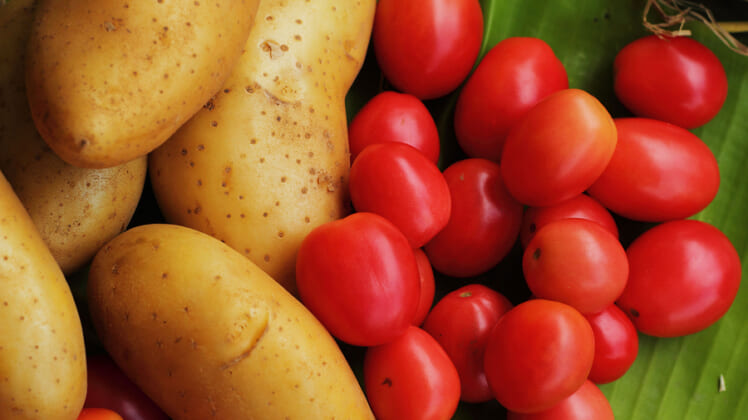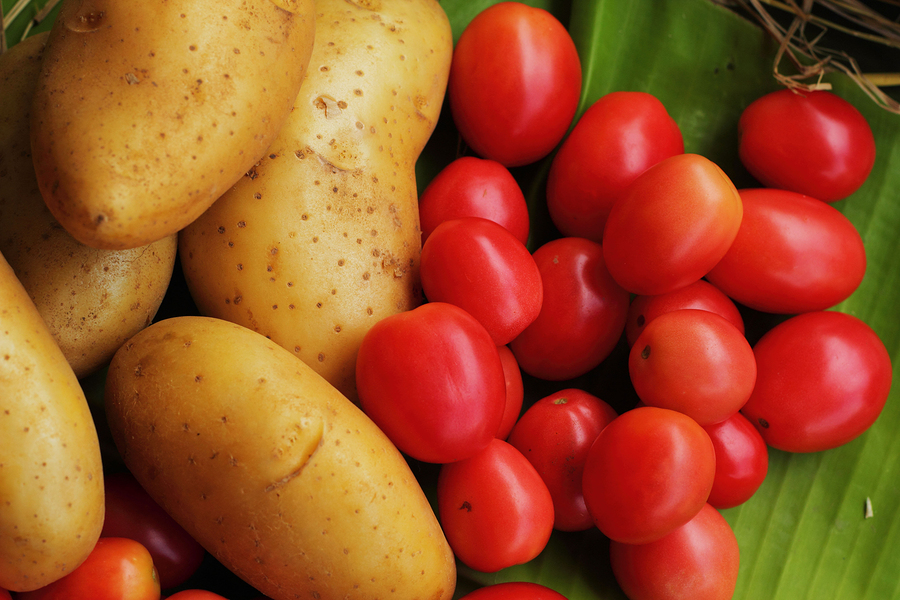

Osteoporosis is a debilitating disease in which bones lose calcium and minerals and become fragile and less dense. People with osteoporosis have bones with a high likelihood of being fractured. Women are especially at risk for osteoporosis. There is an estimated 200 million women worldwide affected by this condition.
Bone Resorption
The University of Surrey in the United Kingdom recently published research that found bicarbonate and citrate, which are potassium salts, improve bone health. These important potassium salts increase bone strength by reducing bone resorption, the process by which bones are broken down when minerals are released from the bones to the blood. Normally, bone resorption is a natural process where bones grow, heal, and adapt. However, in osteoporosis, the rate at which bones are broken down is much higher than the rate at which they are built back up. Since potassium salts reduce bone resorption, having a high intake of these salts may prevent osteoporosis.
A typical Western diet consists of a large amount of animal and cereal proteins. This type of eating results in high levels of acid in the body. This is bad news as excess acid weakens bones and allows them to fracture more easily. Another positive effect of potassium salts is they greatly reduce the amount of calcium and acid excreted in urine. According to researchers at the University of Surrey, this simply means that excess acid in the body is neutralized while bone mineral is also preserved.
Recommended Daily Values
What foods are high in potassium salts? Researchers recommend eating more fruits and vegetables to strengthen bones. Vegetables that are high in potassium include potatoes, dark leafy greens such as spinach and Swiss chard, squash, and mushrooms. Potassium rich fruits include bananas, tomatoes, avocado, and apricots. Some other potassium rich foods are yogurt and fish such as salmon and cod. As you can see, potassium is quite a plentiful nutrient in many foods that can be added to your daily eating routine. To know how to get enough potassium in your diet, it’s helpful to understand just how much of these foods you need to be eating. An average banana provides 12% of your recommended Daily Value (DV) of potassium, or the same as a cup of sliced white mushrooms that can easily be used to top your salad. A 3 ounce fillet of salmon provides 16% of your DV. A cup of yogurt has 18% DV, and a cup of cooked spinach has 26% DV. The recommended daily value for potassium is 3.5 grams, but it’s not a bad idea to aim for a bit higher than that to help maintain bone density and lower your risk of osteoporosis.
